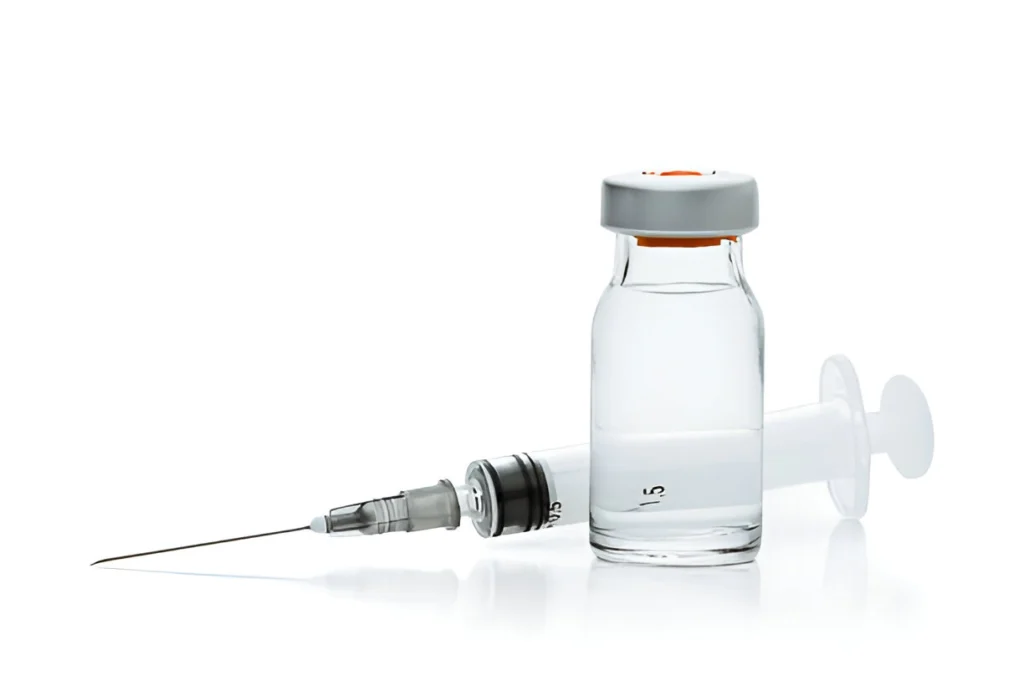Introduction
When it comes to managing hormonal imbalances, Bioidentical Hormone Replacement Therapy (BHRT) has become a popular choice for many. But before diving in, it’s crucial to have a conversation with your doctor to ensure it’s the right path for you. Asking the right questions can help you navigate this decision with confidence.
Understanding Bioidentical Hormone Replacement Therapy (BHRT)

What Is Bioidentical Hormone Replacement Therapy?
Bioidentical Hormone Replacement Therapy, often abbreviated as BHRT, involves the use of hormones that are chemically identical to those your body naturally produces. This therapy is primarily used to treat symptoms of menopause in women and andropause in men, but it can also address other hormonal imbalances.
Why Consider BHRT?
Many individuals turn to BHRT because it’s often marketed as a more “natural” option compared to synthetic hormones. The idea is that since these hormones are identical to those produced by your body, they might offer a better fit and potentially fewer side effects. However, it’s essential to weigh the pros and cons with your doctor.
Preparing for Your Doctor's Visit

The Importance of Asking the Right Questions
Before starting any hormone replacement therapy, understanding the treatment’s implications is key. Your doctor is your best resource, but the conversation will be most productive if you come prepared with questions.
How to Frame Your Questions Effectively
When discussing BHRT with your doctor, it’s helpful to frame your questions in a way that addresses your specific health concerns. This approach ensures that the information you receive is tailored to your needs, making it easier to make an informed decision.
10 Essential Questions to Ask Your Doctor About BHRT

What Are Synthetic Hormones?
Synthetic hormones are man-made hormones that are not identical to those produced by the human body. They are formulated to provide hormonal relief and are available in various forms, including:
– Pills
– Patches
– Injections
Benefits of Synthetic Hormone Replacement
– Well-established formulations
– Standardized treatment options ensuring predictable dosing and monitoring
Comparing Bioidentical and Synthetic Hormones
Effectiveness and Personalization
– Bioidentical Hormones: Praised for their personalized approach, as they can be customized to match individual hormone levels. Bioidentical Hormones are considered to be safer than synthetic hormones.
Choosing the Right Hormone Therapy
Factors to Consider
– Personal health history
– Severity of symptoms
– Personal preferences
– Potential risks and benefits
– Long-term health goals
Consulting with Your Healthcare Provider
Choosing the right hormone therapy is a decision best made with the guidance of a healthcare provider. They can offer personalized recommendations based on medical history, current health status, and specific needs. Open communication about symptoms, concerns, and treatment goals is essential in finding the most suitable hormone replacement option.
FAQs
1. What are bioidentical hormones, and how do they differ from synthetic hormones?
Bioidentical hormones are chemically identical to those naturally produced by the body and are often derived from plants. Synthetic hormones are man-made and differ chemically from natural hormones.
2. Are bioidentical hormones safer than synthetic hormones?
While bioidentical hormones are marketed as more natural, they can still pose risks similar to synthetic hormones. Safety depends on individual health profiles and should be discussed with a healthcare provider.
3. How can I determine which hormone replacement therapy is right for me?
The right hormone replacement therapy depends on personal health history, symptom severity, and individual preferences. Consulting with a healthcare provider is essential for personalized recommendations.
4. Can hormone replacement therapy help with menopause symptoms?
Yes, hormone replacement therapy can effectively manage menopause symptoms such as hot flashes, night sweats, and vaginal dryness.
Our Blogs

10 Questions to Ask Your Doctor About Bioidentical Hormone Replacement Therapy
Introduction When it comes to managing hormonal imbalances, Bioidentical Hormone Replacement Therapy (BHRT) has become a popular choice for many.

